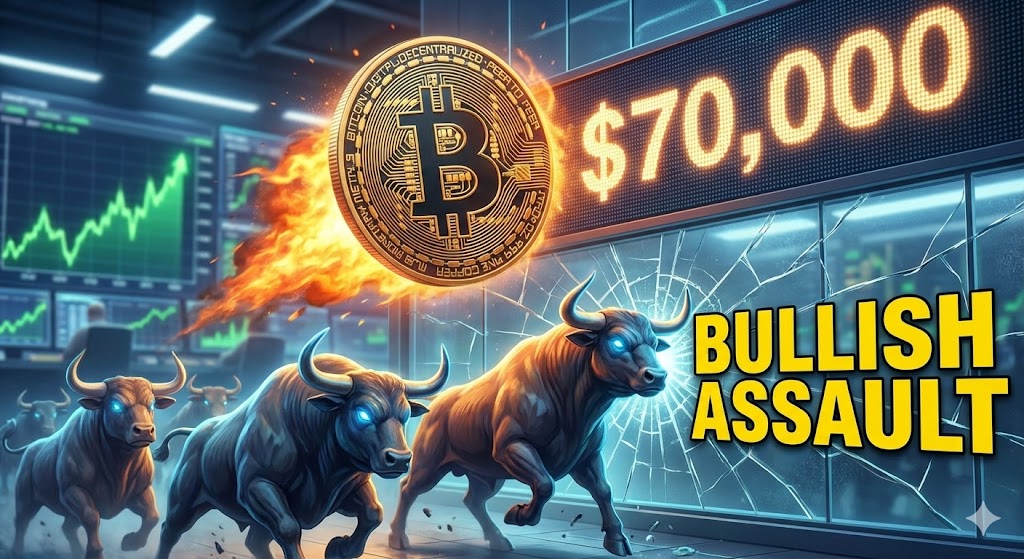Bessent to American businesses: 'Not the end of the world' if April 2 tariffs kick in
Top Trump administration officials insist that the Aug. 1 deadline is not changing, even as dozens of countries' trade negotiations are unresolved.


Treasury Secretary Scott Bessent tried to reassure American businesses Tuesday, ahead of President Donald Trump's Aug. 1 tariff deadline, downplaying the impact of any "snapback tariffs" and suggesting they could be short-lived.
"What can you tell American businesses to expect on Friday?" CNBC's Eamon Javers asked Bessent in an exclusive interview in Stockholm, Sweden.
"I would think that it's not the end of the world if these snapback tariffs are on for anywhere from a few days to a few weeks," Bessent replied, "As long as the countries are moving forward and trying to negotiate in good faith."
For U.S. businesses that could be hit with more tariff hikes starting Friday, however, Bessent's suggestion that "it's not the end of the world" is unlikely to be all that reassuring.
U.S. Treasury Secretary Scott Bessent speaks next to U.S. Trade Representative Jamieson Greer during a press conference at government quarters Rosenbad after the trade talks between the U.S. and China concluded, in Stockholm, Sweden, July 29, 2025.
Magnus Lejhall/tt | Via Reuters
The threat of Trump's country-specific tariffs has hung over American businesses since he first unveiled them at his April "Liberation Day" event.
And import-dependent U.S. companies are already struggling to keep up with the evolving timelines and proposed levies of Trump's rapidly expanding tariff policy.
Experts warn that American consumers could soon see higher prices on some food items, including liqueurs and spirits, baked goods, coffee, fish and beer as a result of companies passing on the cost of the levies.
Read more CNBC politics coverage
Many American companies are trying to avoid raising prices by absorbing tariff costs themselves, without passing them on to consumers.
But that is getting more and more difficult over time, as the Trump administration expands tariffs and the president shows little interest in lowering rates.
More than 90% of U.S. importers are small businesses, according to data from the U.S. Commerce Department.
With just days to go until the Aug. 1 trade deadline, Trump said Monday that he will likely announce a blanket tariff between 15% and 20% on products from the scores of countries that have not yet reached an individual trade deal with the administration.
But until the president officially authorizes the new level, tariffs are poised to jump overnight to the levels he announced in April.
Top Trump administration officials insist that the Aug. 1 deadline is not changing, even as dozens of countries' trade negotiations and tariff rates remain unresolved.
The White House and the Treasury Department did not immediately respond to CNBC's request for comment on Bessent's remarks.

 Lynk
Lynk 
































